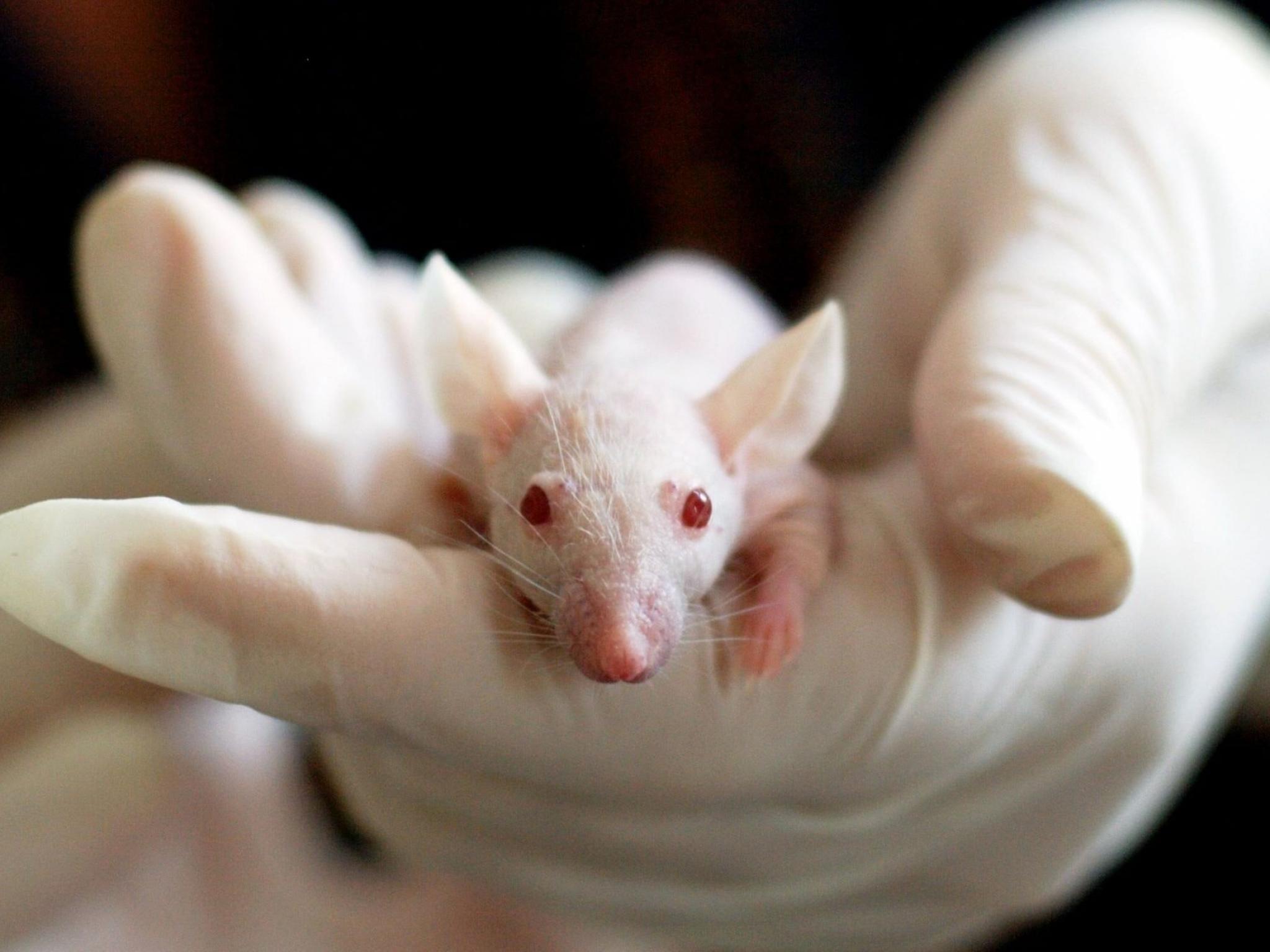
The Canadian biotech company Nova Mentis Life Science Corp. (OTCQB:NMLSF) is filing new provisional patent applications to the U.S. Patent and Trademark Office (USPTO) in order to protect potential conclusions from its psilocybin preclinical studies as well as its proprietary therapy with psilocybin and psilocybin-based tryptamine derivatives for neuroinflammatory disorders (NID).
NOVA’s therapeutic paradigm includes diagnosis, monitoring and treating neuroinflammatory diseases and conditions with psychoactive tryptamine derivatives. Their research program aims to respond to the need for an accurate and effective diagnosis & treatment of NID by generating clinical biomarker data for aberrant gene expression and cellular communication in neurological disease or injury, and by providing insights into possible interventions and disease monitoring.
Dr. Marvin S. Hausman MD, chairman of NOVA's Scientific Advisory Board, affirmed that the current patent application filing represents a “major milestone” in their psilocybin research program.
"The company is now in a position to reveal the breakthrough preclinical psilocybin results uncovered in its treatment of fragile X syndrome (FXS)," Hausman said. "Oral repetitive doses of microdose psilocybin showed a more robust improvement in memory than the same doses given by injection. Metabolic changes of psilocybin within the small intestine and perhaps the microbiome may represent a new paradigm in the application of psilocybin to the treatment of autism spectrum disorder (ASD).”
As stated by the company, the psilocybin formulation was evaluated in two distinct rat models of autism in the laboratory of Dr. Viviana Trezza in Italy, and demonstrated psilocybin proof of efficacy and safety. In February, NOVA announced it had successfully completed its preclinical study which confirmed oral microdose psilocybin as a potential treatment option for ASD and FXS.
The February research found that a repeated low dose of the proprietary psilocybin drug NM-1001 significantly modulated behavioral and cognitive defects such as recognition memory in a genetic model of FXS. The conclusive data from the study will be presented at the 18th NFXF International Fragile X Conference later this year.
The fact is that NOVA keeps strengthening its intellectual property by presenting provisional patent applications to protect data from a number of trials recently.
Previously, the company had filed provisional patent applications for the following: a proprietary manufacturing process for the production of psilocybin and tryptamine analogues, baeocystin and aeruginascin, and a diagnostic/therapeutic combination of mRNA molecules that encodes proteins involved in the development of the neurodegenerative diseases FXS and ASD.
The conclusive data from NOVA's most recent study will be presented at the 18th NFXF International Fragile X Conference later this year.
Photo Courtesy of Pexels.







